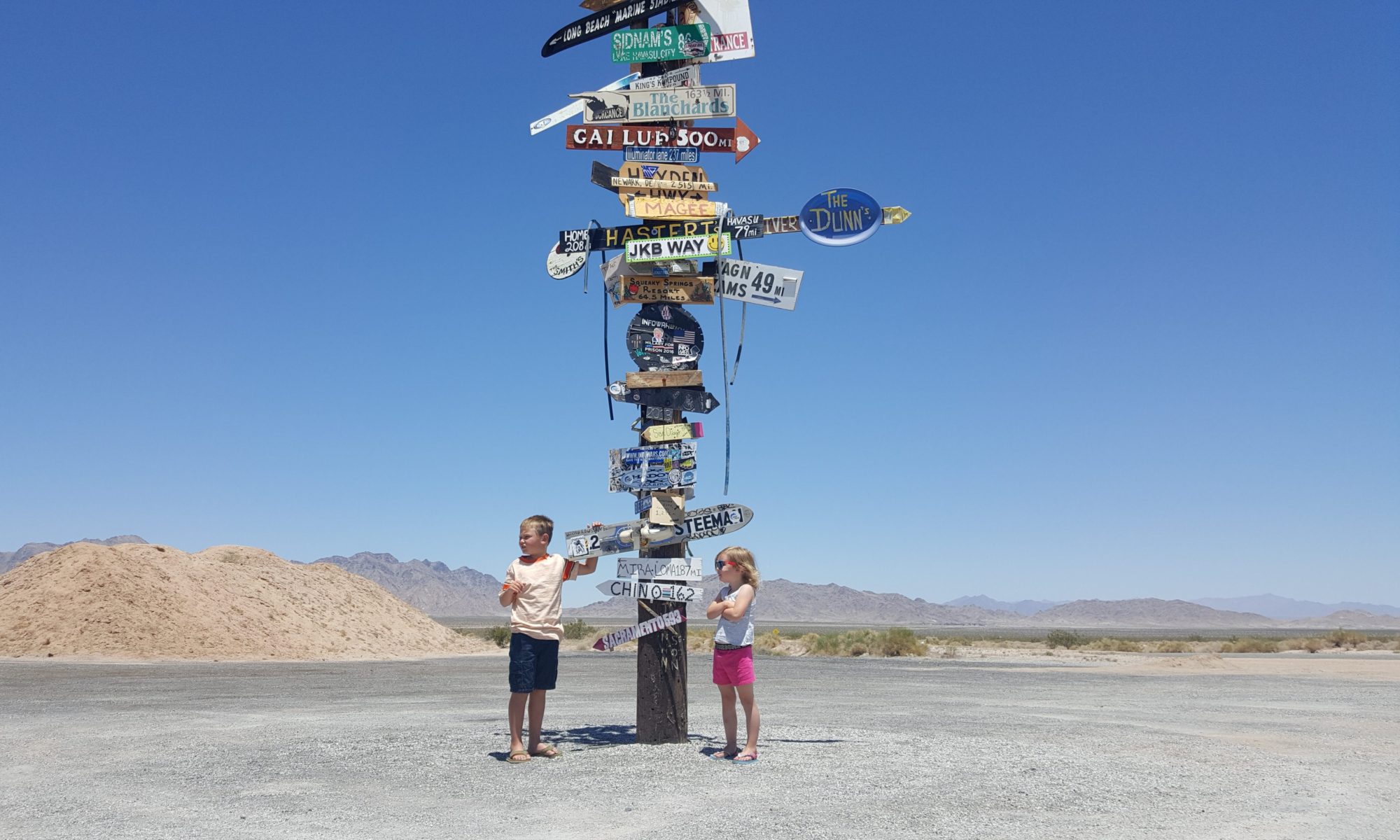Many people today say, “If there is a god, why is there so much evil in the world?” There are two problems with that statement. The first problem is the use of the terms “good” and “evil”. These terms are used to define a moral code, but, if there is no God, and everyone holds his or her own truth, who has the right to determine what is good and/or evil? The appropriate terms are “nice” and “not nice” because they simply define how we feel about something: i.e. did it offend me. The second problem is the term “evil in the world” as if it is a virus in the air that people catch from time to time. Evil is not in the world, it is within us, each of us human beings.
David recognized this problem in Psalm 36. He wrote, “sin whispers to the wicked, deep within their hearts”. How did he know this? Because sin whispered to him and all human beings. So what is the difference? The wicked “have no fear of God at all. In their blind conceit, they cannot see how wicked they really are.” Paul tells us, “Satan, who is the god of this world, has blinded the minds of those who don’t believe. They are unable to see the glorious light of the Good News. 2 Cor. 4:4 (NLT). This doesn’t mean that all people do terrible things humanly speaking, but God sees us much differently than we see ourselves.
David didn’t brag about himself; he knew the evil that was in him. Instead he brags on God. In verses 5-10, he worships God for how great He is. This should be the attitude of all believers. God has been so gracious to forgive all our sins; we should spend our time praising God and praying for the lost. Condemnation is God’s business, not ours.
